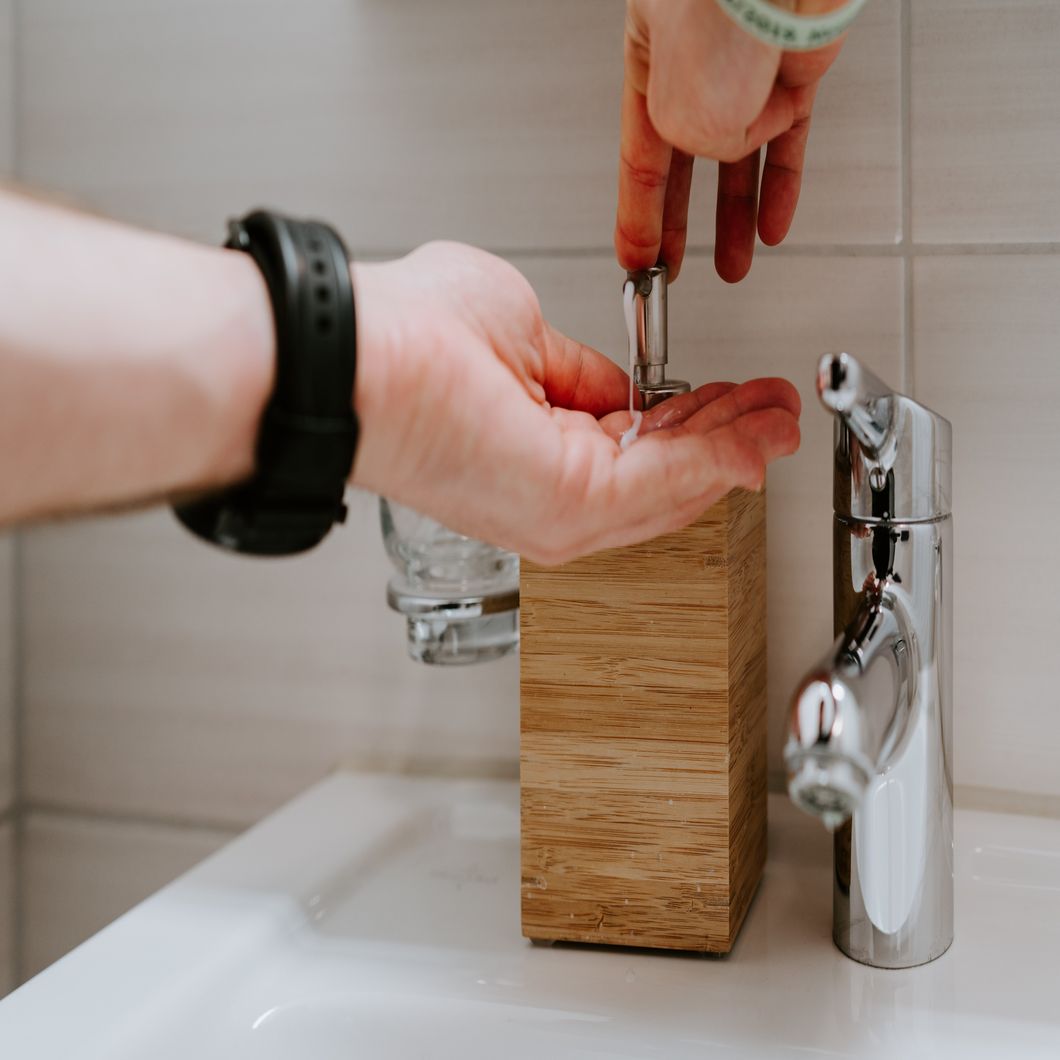As coronavirus continues to spread, the risk for the immunocompromised and elderly continues to increase. As someone who is immunocompromised, I want to ensure that people understand the importance of taking precautionary health measures.
While most people are able to fight the virus, being immunocompromised, both because of age and health conditions, puts you at a disadvantage. When you have preexisting health conditions, your body focuses on making sure that those parts are healthy that it kind of forgets to defend you against outside things. Most people who are immunocompromised can barely fight infection without medicine, let alone a virus that can give you pneumonia or kidney failure. This is why it's important that everyone does their part in staying and keeping others healthy.
After doing some extensive research, I found a list of things that you can do to stop the spread or stop yourself from catching the virus.
Wash your hands before eating and after going to the bathroom
Make sure to sing the ABCs (or these 13 other songs) so you know you've washed them long enough.
Use hand sanitizer that's at least 60 percent alcohol
Using hand sanitizer won't help prevent coronavirus much, but it will help you from catching other sicknesses that can weaken your immune system. Use before and after touching any public surface.
Keep as much distance between you and strangers as possible
Six feet is recommended, but being farther wouldn't hurt. This will prevent you from being sneezed on or sneezing on someone else.
Don't touch your face
It's super hard, I know, but the virus can only make you sick through your mouth or nose.
Cough or sneeze directly into your elbow or a tissue
This is just common courtesy. No one wants to be sneezed or coughed on, coronavirus or not.
Disinfect frequently
Stop the spread before it even starts.
Don't travel
I know you spent $1,000 on that cruise, but there are thousands of people who you could potentially infect if you bring it home, and you might not even realize it.
Seek help immediately, even if you think you just have the flu
Be proactive. Coronavirus typically takes up to two weeks to show symptoms, meaning it can be spread a lot during that time. The quicker you seek medical attention, the fewer people who get it.
When you're thinking about taking that spring break vacation or rushing out of the bathroom to get to class, remember that there is probably someone you'll come into contact with during the day that probably cannot fight off the virus, so please, I cannot beg you enough, just wash your damn hands.

















